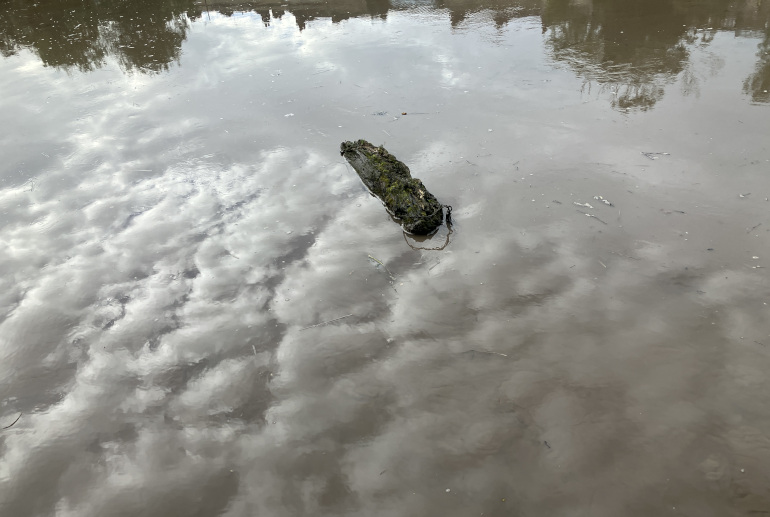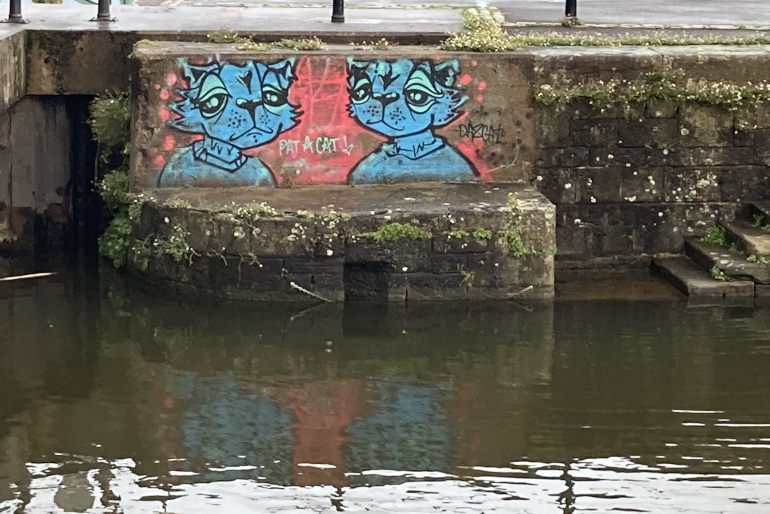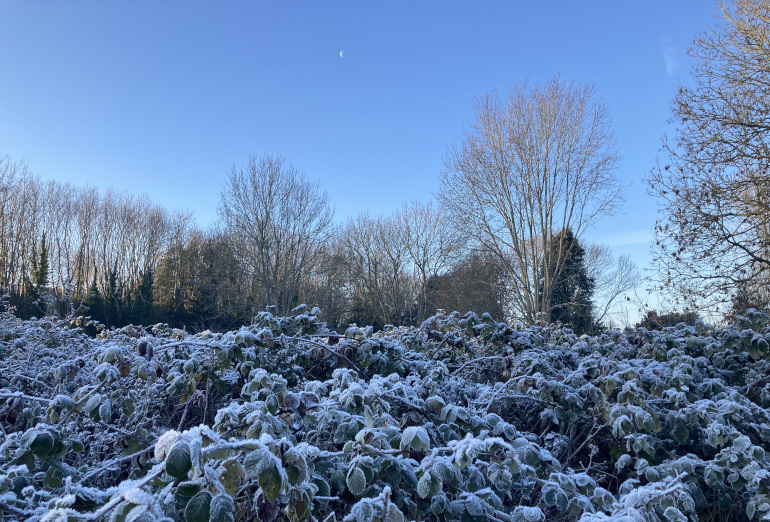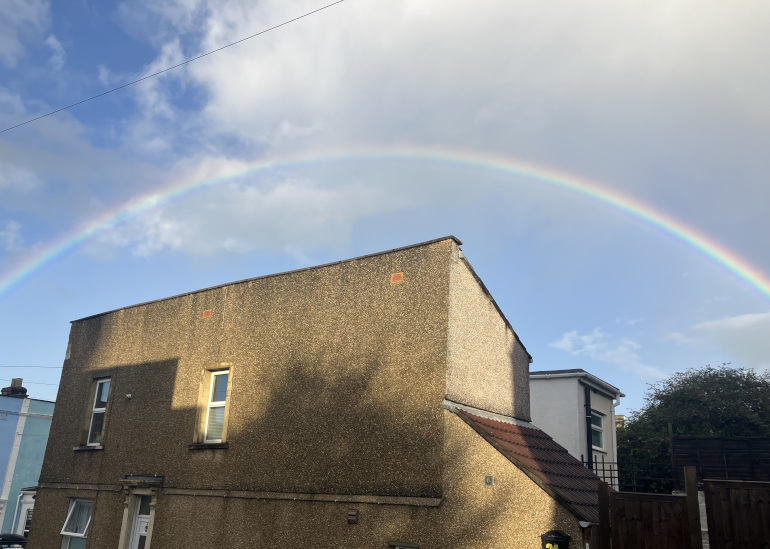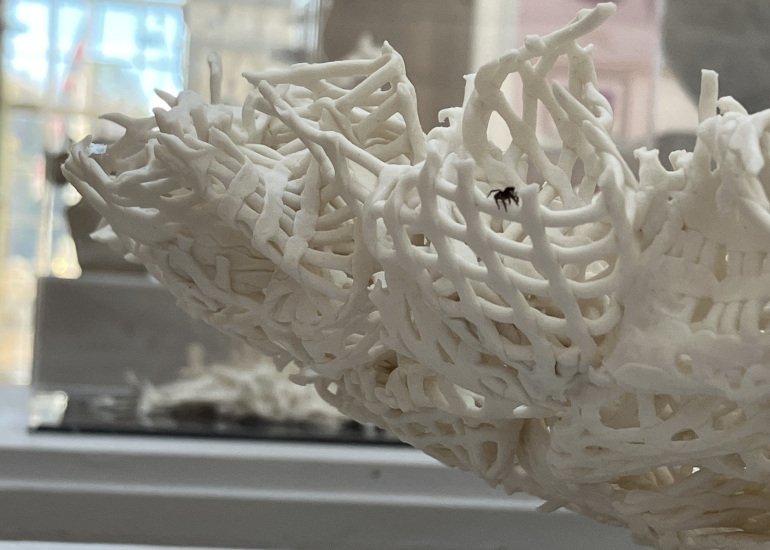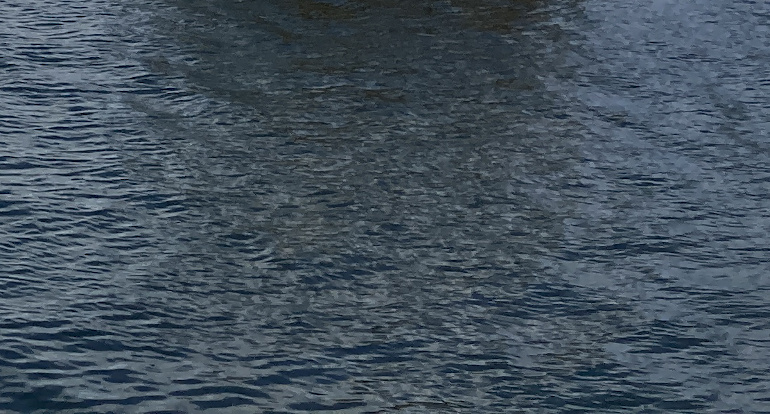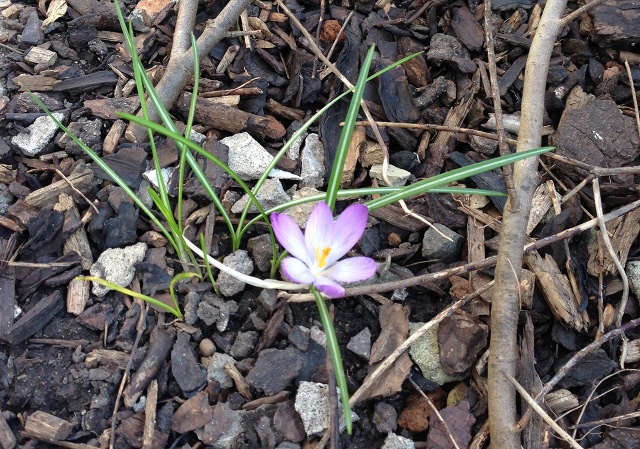 I publish a version of this post almost every year, but I find it always fills me with hope and determination. As we edge into the greyest month of the year, this feels like the ideal time to take stock and see what’s working or not working in your creative life.
I publish a version of this post almost every year, but I find it always fills me with hope and determination. As we edge into the greyest month of the year, this feels like the ideal time to take stock and see what’s working or not working in your creative life.
But this I mean not necessarily whether you’re creating and selling more, but, rather, whether the moments you can find to write, paint or whatever creative forms you choose continue to satisfy you, and whether you feel you’re making progress, whatever that may mean to you.
Before continuing, I must confess, I rarely make new year’s resolutions as such. To me, they seem at best like a form of procrastination (‘oh, I’ll start doing that in Jan’), at worst a way of setting yourself up to fail. But it is a good time to look at how your life is going and see if there’s anything you need to change to stay on or get back on track.
It’s also a fab way to lay the foundations for a new habit that will pay dividends in years to come. Here are five that have served me well in the past.
1. Write whenever you can find the time
In 2012 I set myself the challenge of writing at least one short story every month, which is something I did without fail every month until 2017, by which time the habit was well and truly entrenched. I found it a great way to keep those creative muscles taut and ready for action.
When times are busy and stress is high, adding something to your to-do list can feel counter-intuitive. But whenever I do focus on creating something, whether that’s a sentence, a full flash, or even editing an existing paragraph, I emerge feeling brighter and lighter and a little bit sunnier. My aim now is to maintain, respect and nurture writing as an ingrained part of my everyday life.
This fuel keeps me going even when I don’t have the chance to spend as much time dreaming up new characters and worlds as I like. Writing sustains me in a way I’ve only gradually come to understand.
2. Submit regularly
A few years before that I set about ensuring I submitted at least four works of creative writing somewhere each month, which I also continue. The challenge is flexible enough not to cause undue stress (some months I submit all four pieces in the same week then forget all about them for the rest of the month; other months I’ll find I’ve submitted eight by day 30), and also ensures that whenever I receive a rejection, part of me breathes a quiet sigh of relief – now I can send that piece off elsewhere to fulfil part of the current month’s quota.
It helps me stay positive, because for every rejection, there’s a healthy handful of tales still out there dreaming big. And when I get an acceptance, it’s a lovely surprise, because by continually sending out creative pieces I’m never quite clear what’s out there, and therefore not too focused on any one thing.
Which brings me to the third resolution.
3. Stay organised
Around the same time I started sending out four and more stories each month, I set up a simple spreadsheet to help me keep track of them all.
This helps my writing in two ways, firstly, by ensuring I know what I’ve sent where and whether they’ve responded, and secondly, by distancing me from the process emotionally.
By transforming all these acts of hope into columns and rows, I save myself from heartache. Each time a email or post out a piece of writing, I enter its name into the spreadsheet along with the details of where I’ve sent it and the date. Then, when it comes back, I colour that row according to the response – one colour for ‘no thanks’, one for ‘no, but positive feedback’ and one for ‘yes please!’
It all provides an immense sense of productivity, without too much effort at all, which in turn helps me stay motivated. And I’m happy to say that over the years the colour dedicated to ‘yes please’ is infiltrating the worksheets more and more.
4. and 5. Finally, pledge simply to celebrate even the smallest literary successes, and relish the pleasure of writing for its own sake. Lovely.
What works for you?

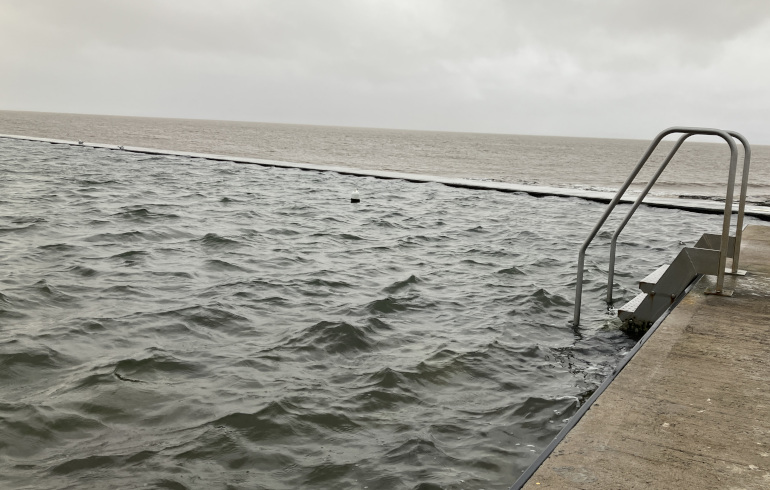
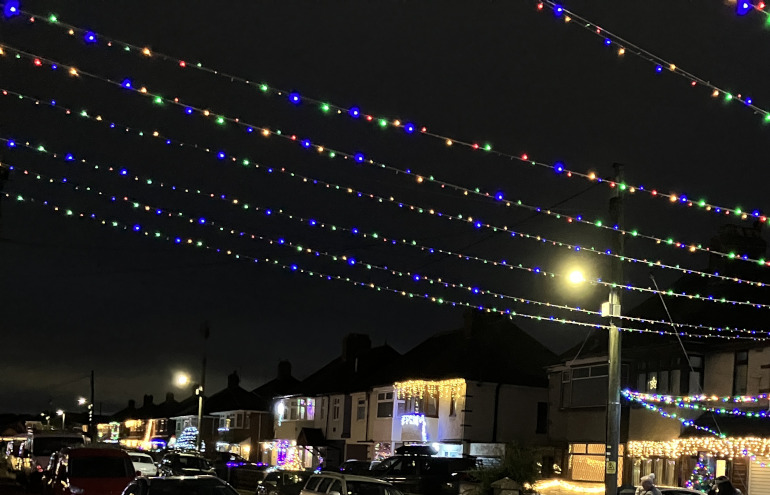 We recently moved to a new home in a different town and have been heartened by the volume of festive lights. It all feels very welcoming!
We recently moved to a new home in a different town and have been heartened by the volume of festive lights. It all feels very welcoming!